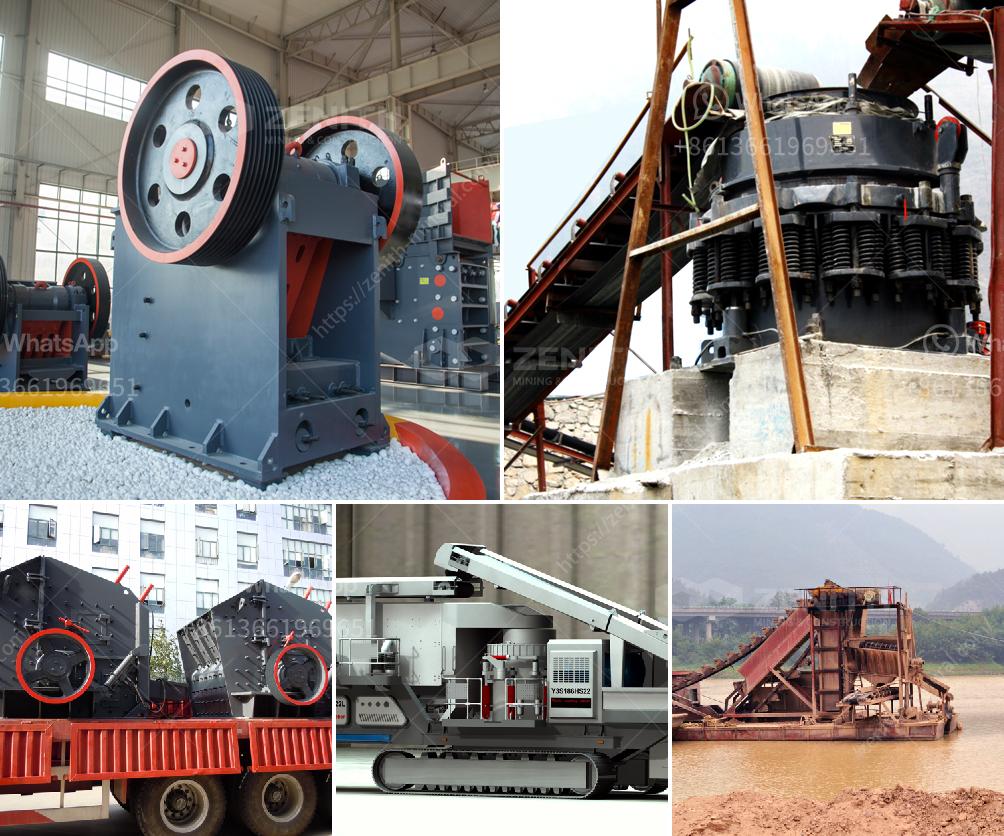The limestone crusher industry in South Africa operates in a structured manner, involving several key components and processes vital for the extraction and processing of limestone. Here's an overview of how this industry functions:
Quarrying: The process begins with the extraction of limestone from open-pit mines or quarries. South Africa has numerous limestone-rich regions where this activity can be carried out. Quarrying involves removing overburden (surface material) and extracting the raw limestone rock.
Crushing Process: The extracted limestone is fed into crushers, which reduce the rock to smaller, manageable sizes. This typically involves primary crushers (such as jaw crushers) to break down large chunks, followed by secondary crushers (such as impact crushers or cone crushers) for further size reduction.
Screening and Grading: After crushing, the material is screened and graded based on size. This ensures the output meets specific requirements for different applications, whether for construction aggregates, lime production, or other uses.
Transportation: Crushed limestone is then transported from the quarry site to customers or storage facilities. This may involve the use of conveyor belts, trucks, or rail systems, depending on the distance and logistics.
Processing and Value Addition: In some cases, further processing is undertaken to refine the limestone into higher-value products, such as lime or cement. This can involve kilns or other processing facilities that adjust the chemical composition or physical properties of the limestone.
Regulatory Compliance: The limestone crusher industry in South Africa operates under strict regulatory frameworks to ensure environmental protection and sustainable development. This includes obtaining mining permits, complying with health and safety standards, and implementing environmental management plans.
Market Dynamics and Demand: The operation of the industry is significantly influenced by market demand, which is driven by the construction industry, infrastructure projects, and other sectors that require limestone or its derivatives.
Innovation and Technology: To enhance efficiency and reduce environmental impact, companies may invest in modern equipment and technologies, such as automated crushers, advanced screening machines, and dust control systems.
Overall, the limestone crusher industry in South Africa is characterized by its integration into broader economic activities, emphasis on operational efficiency, and adherence to regulatory norms to minimize environmental impacts.
